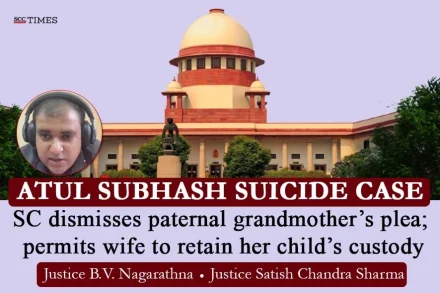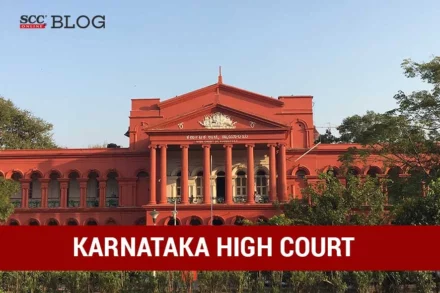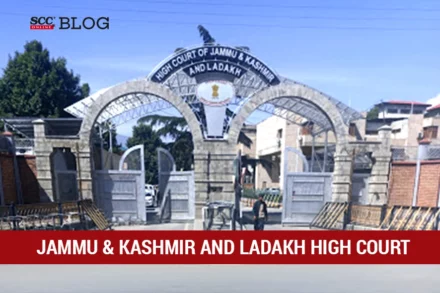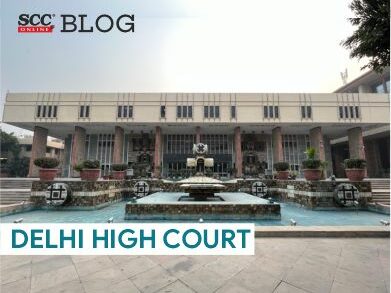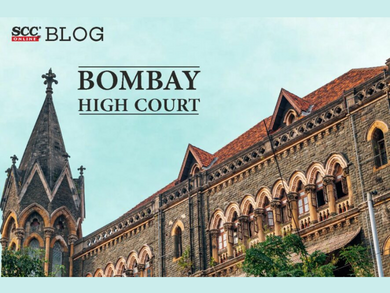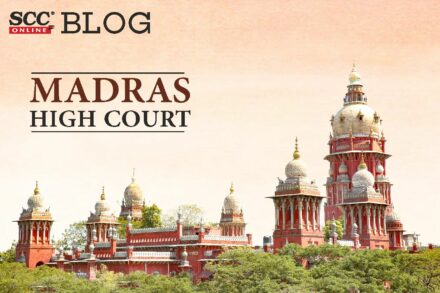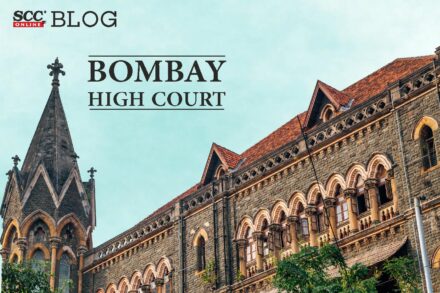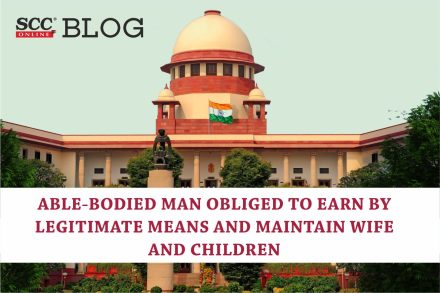
‘Real women empowerment begins with right to live and move freely without fear’; Delhi HC upholds conviction of a man accused of harassment in public space
Public transport, which is meant to ensure mobility and independence, instead became a site of fear and vulnerability for the victim, and any undue leniency to an accused caught at the spot, may embolden any future for perpetrators.


